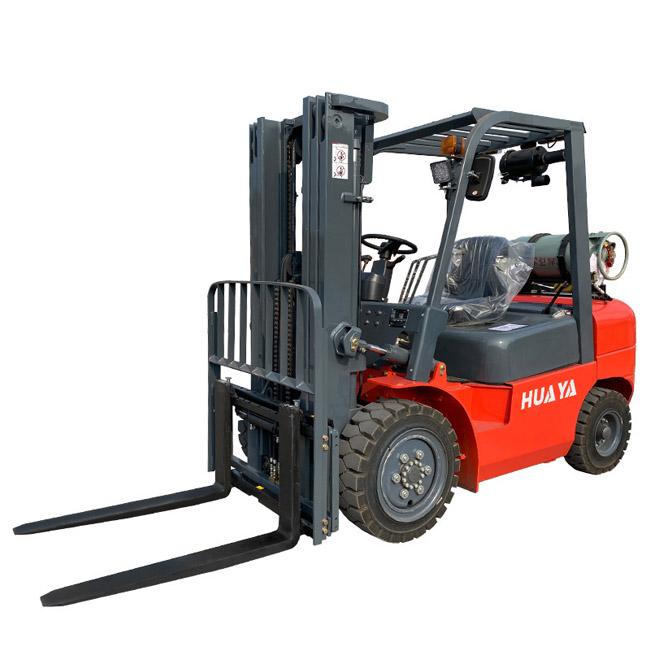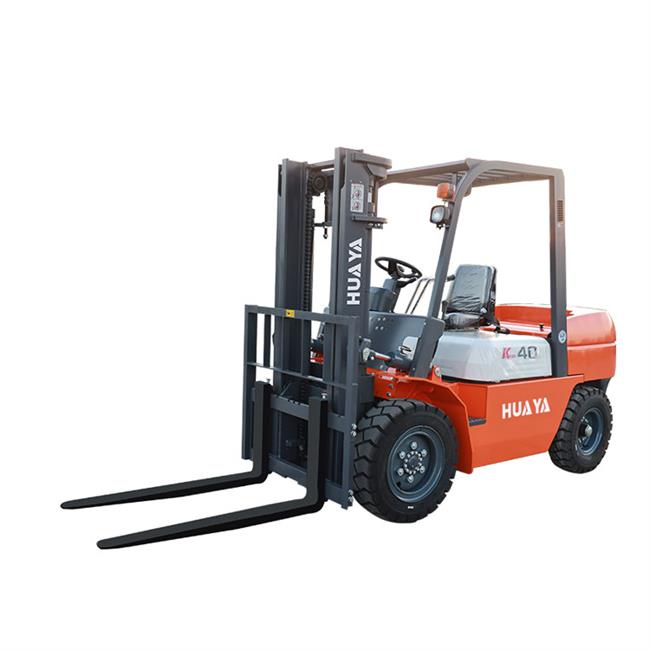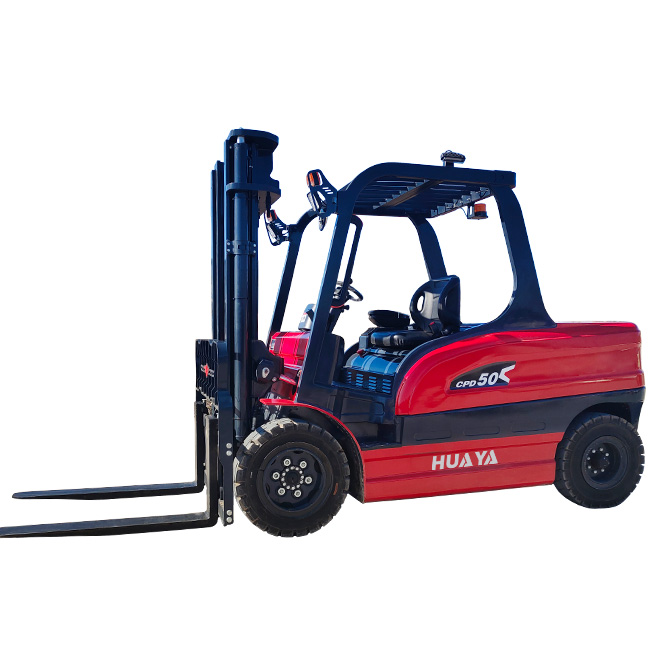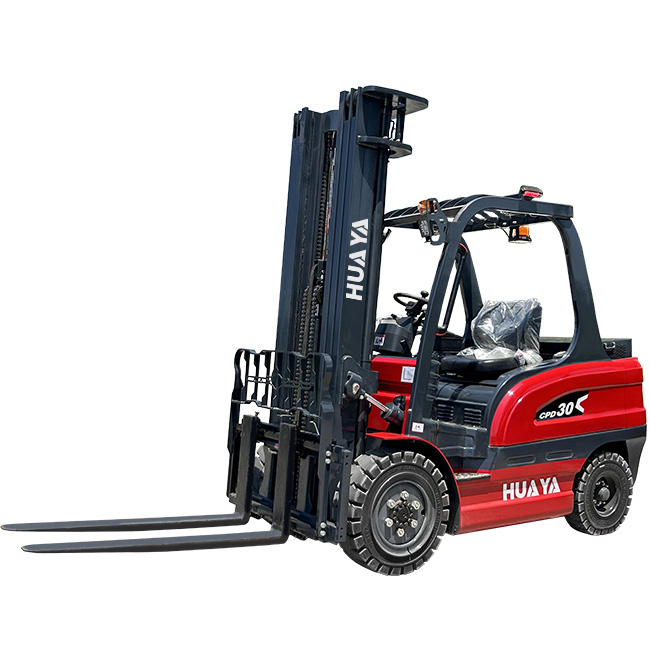Should I Get a Diesel or Gas Forklift?
20 Jun 2025
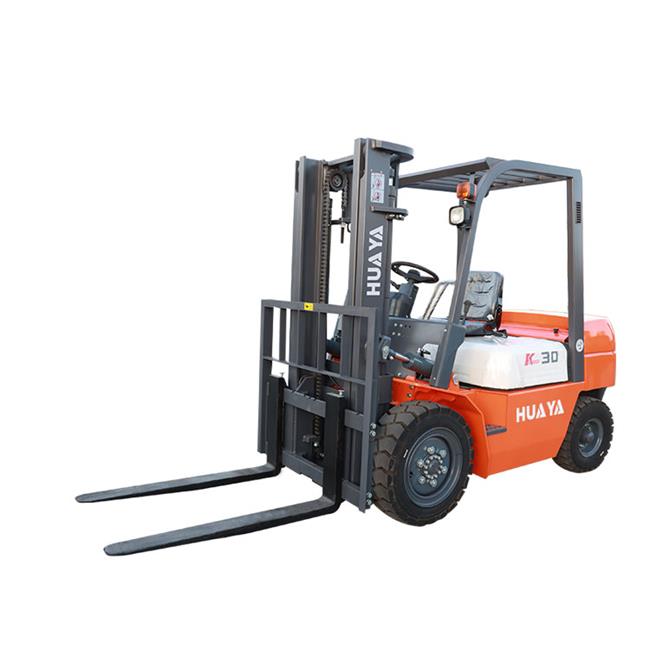
Choosing between a diesel and a gas forklift depends on your specific needs, work environment, and operational requirements. Both fuel types offer distinct advantages and considerations that can significantly impact your productivity and cost efficiency.
Advantages of Diesel Forklifts
Diesel forklifts are renowned for their power and durability, making them ideal for heavy-duty tasks and outdoor operations. Here are some key benefits:
High Torque for Heavy Loads
Diesel engines provide exceptional torque, making them suitable for lifting and transporting heavy materials in industries like construction, precast concrete, and metals.
Longevity and Reliability
Diesel engines are robust and designed to handle rigorous conditions, ensuring long-term reliability.
Lower Fuel Costs in High Usage
For operations that require extensive daily use, diesel can often be more cost-effective over time due to lower fuel consumption rates.
Outdoor Versatility
Diesel forklifts perform well in outdoor environments, even on uneven terrain or in inclement weather.
Advantages of Gas Forklifts
Gas-powered forklifts, typically using LPG or propane, are versatile and can function well in both indoor and outdoor environments. Key benefits include:
Lower Emissions for Indoor Use
LPG forklifts emit fewer pollutants than diesel, making them more suitable for indoor use with proper ventilation.
Quick Refueling
Gas forklifts offer the convenience of quick tank replacement, minimizing downtime compared to refueling or recharging alternatives.
Compact Design
Many gas forklifts are designed with a smaller footprint, making them easier to maneuver in tight spaces.
Moderate Noise Levels
Gas forklifts tend to operate more quietly than diesel forklifts, providing a more comfortable working environment.
Considerations for Your Decision
To determine which type of forklift best suits your needs, evaluate the following factors:
Work Environment
If your operations are primarily outdoors and require high power, a diesel forklift is a better choice.
For mixed indoor/outdoor use, gas forklifts may provide the necessary versatility.
Load Capacity
Heavy loads and frequent use call for the strength and durability of diesel.
For moderate loads, gas forklifts can be more economical and efficient.
Operational Costs
Diesel is more fuel-efficient for long hours of use, but initial costs and maintenance can be higher.
Gas forklifts offer lower upfront costs and are easier to maintain.
Environmental Impact
Consider local emissions regulations and your company’s sustainability goals. Gas forklifts typically emit fewer pollutants than diesel.
Conclusion: Diesel vs. Gas Forklift
Choosing between a diesel and a gas forklift hinges on the specific demands of your operation. For heavy-duty outdoor tasks, a diesel forklift is unmatched. If you need a flexible solution for both indoor and outdoor environments, a gas forklift is an excellent option.
No matter your choice, ensure you invest in high-quality equipment like HUAYA Forklifts, which combine efficiency, reliability, and durability to meet your operational needs.
Would you like to explore HUAYA’s range of diesel and gas forklifts? Let us guide you to the perfect fit for your business.
